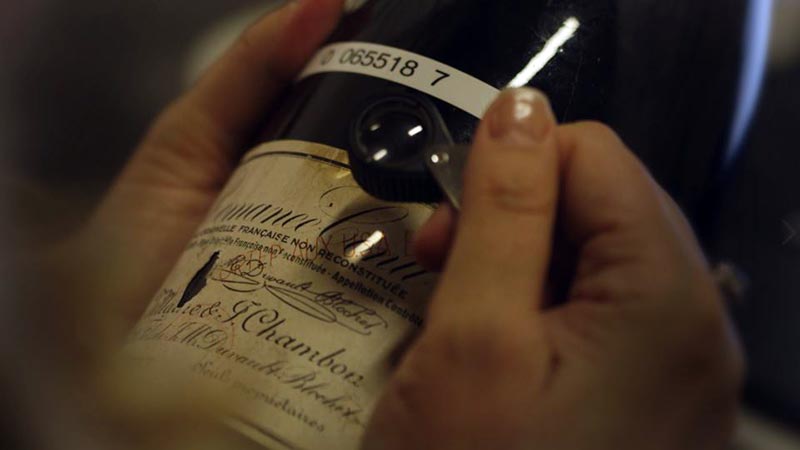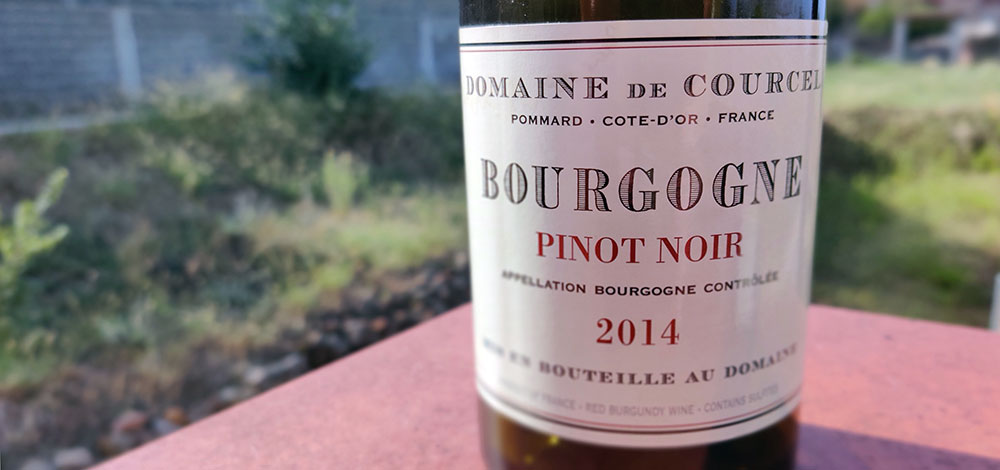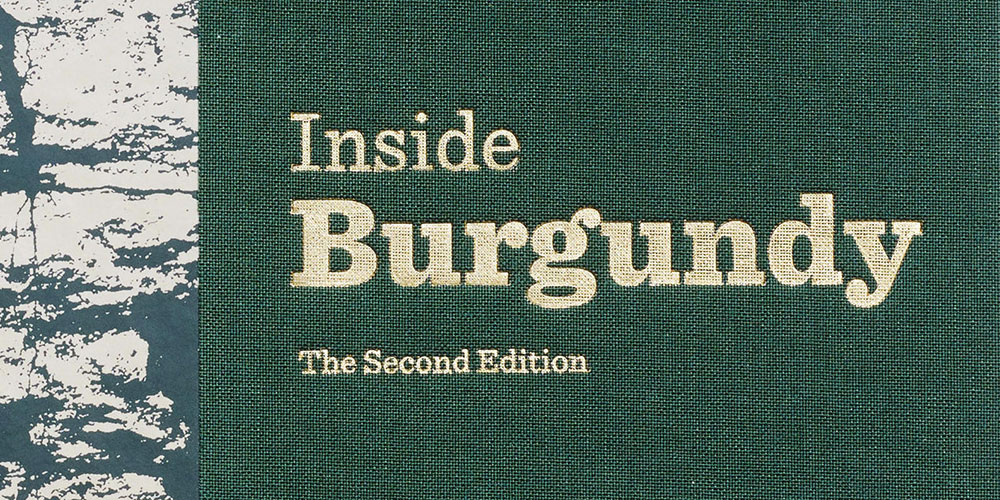The entire Rudy Kurniawan affair was sordid and I’ve read countless articles about the story since it broke years and years ago. Despite this, Peter Hellman’s new book, “In Vino Duplicitas” brought out many bits and other items that I’d never known before. All told, the book is the most comprehensive and detailed account of the affair which I assume will eventually make it the final reference on the subject. Hellman does a great job of unfolding a long and detailed story. I don’t envy his task in this and […]


